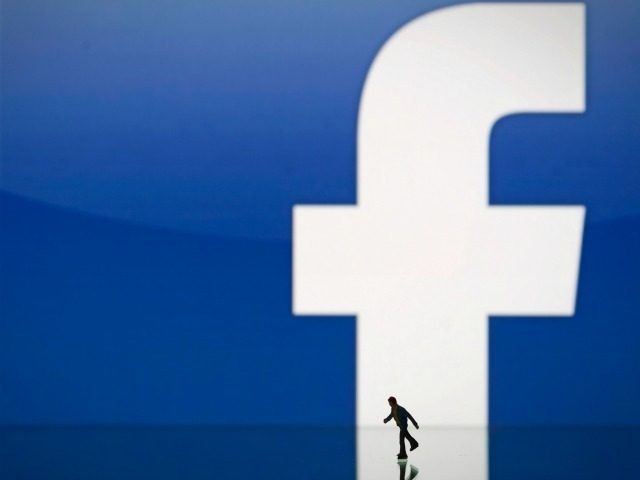The Poynter Institute, the group helping Facebook determine whether certain news stories are “disputed,” has determined it is worth considering the possibility that “fake news” stories did not significantly impact the 2016 presidential election after all.
Poynter’s Chief Media Writer James Warren was reporting on a study concluding that while “fake news” stories favoring Donald Trump far surpassed those in favor of Hillary Clinton, such stories didn’t significantly affect the outcome of the election. “Did fake news help elect Trump? Not likely, according to new research,” was the title of the Poynter article.
In response to the study, Warren concluded:
The paper is worth consideration especially given overriding press assumptions about the potency of ideologically driven news coverage.
The study, titled, “Social Media and Fake News in the 2016 Election,” was co-authored by economists Matthew Gentzkow of Stanford University and Hunt Allcott of New York University. The paper utilized web browsing data, a database of so-called fake news stories, and a 1,200-person online survey about news trends.
Warren reported on the survey results:
In sum, they conclude that the role of social media was overstated, with television remaining by far the primary vehicle for consuming political news. Just 14 percent of Americans deemed social media the primary source of their campaign news, according to their research.
In addition, while fake news that favored Trump far exceeded that favoring Clinton, few Americans actually recalled the specifics of the stories and fewer believed them.
“For fake news to have changed the outcome of the election, a single fake article would need to have had the same persuasive effect as 36 television campaign ads,” they conclude.
Poynter further quoted from the survey itself:
“In summary, our data suggest that social media were not the most important source of election news, and even the most widely circulated fake news stories were seen by only a small fraction of Americans. For fake news to have changed the outcome of the election, a single fake news story would need to have convinced about 0.7 percent of Clinton voters and non-voters who saw it to shift their votes to Trump, a persuasion rate equivalent to seeing 36 television campaign ads.”
Poynter’s reportage on the matter is particularly significant since the journalism nonprofit has partnered with Facebook with the specific goal of combatting “fake news.” This after numerous politicians and pundits have claimed that alleged fake news helped sway the election.
The International Fact-Checking Network (IFCN), which is a project of the Poynter Institute, drafted a code of five principles for news websites to accept, and Facebook last month explained it will work with “third-party fact-checking organizations” that are signatories to the code of principles.
Facebook says that if the “fact checking organizations” determine that a certain story is fake, it will get flagged as disputed and, according to the Facebook announcement, “there will be a link to the corresponding article explaining why. Stories that have been disputed may also appear lower in News Feed.”
Aaron Klein is Breitbart’s Jerusalem bureau chief and senior investigative reporter. He is a New York Times bestselling author and hosts the popular weekend talk radio program, “Aaron Klein Investigative Radio.” Follow him on Twitter @AaronKleinShow. Follow him on Facebook.
With additional research by Joshua Klein.

COMMENTS
Please let us know if you're having issues with commenting.